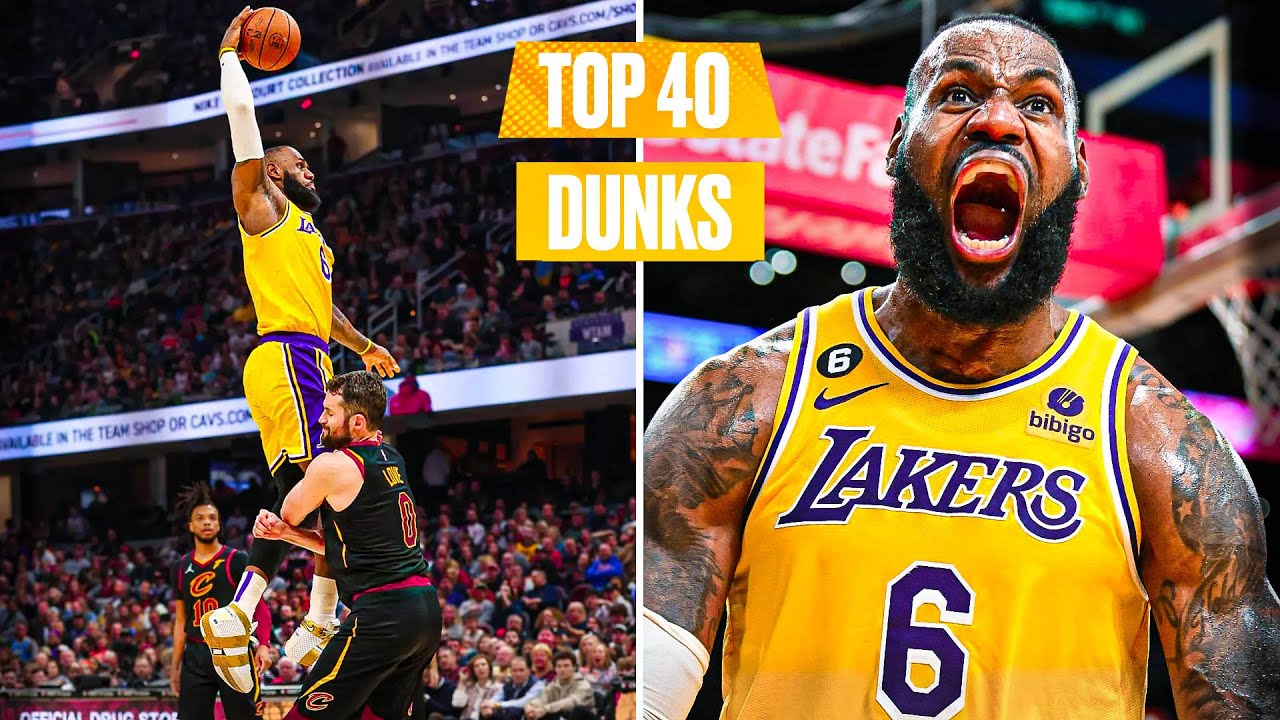The Escalating Valuation Vortex: A Billionaire`s Game
For those outside the inner circles of high finance, these figures might seem detached from reality. Ten billion dollars for a basketball team? Yet, a closer look reveals a relentless escalation. Just months prior, the Boston Celtics fetched $6.1 billion. In 2023, the Washington Commanders of the NFL changed hands for $6.05 billion, and the Phoenix Suns were acquired for $4 billion. Each sale seemingly outdoes the last, a competitive bidding war among the ultra-wealthy for a slice of sporting immortality.
This isn`t a phenomenon limited to the marquee teams. Even franchises with more modest on-court success have seen their price tags soar. Take the Charlotte Hornets, for instance, which sold for $3 billion despite a playoff history that, charitably, could be described as sporadic. This suggests that the value lies not just in championships won, but in something far more fundamental to modern commerce.
Why the Astronomical Price Tags? Dissecting the Economic Drivers
What fuels this seemingly insatiable appetite for sports teams, driving valuations into figures previously reserved for entire corporations? The answer is a multifaceted blend of media, market, and ego.
-
The Unrivaled Power of Media Rights
At the core of these surging valuations are the ever-increasing national and regional media rights deals. Live sports remain one of the last bastions of appointment viewing, commanding premium advertising rates and driving subscriptions. Broadcasters are willing to pay astronomical sums for exclusive content, and these revenues flow directly into the leagues and, consequently, to the teams. As digital platforms and streaming services expand, the competition for sports content only intensifies, pushing values ever higher.
-
Global Reach and Fan Engagement
Professional sports are no longer confined by geographical borders. The NBA, in particular, boasts a massive international following. Global tours, digital fan communities, and social media engagement transform local teams into global brands. This expanded reach unlocks new revenue streams from international merchandise sales, sponsorships, and broadcasting agreements, exponentially increasing a franchise`s earning potential.
-
Scarcity and the “Trophy Asset” Appeal
There are a finite number of teams in major U.S. sports leagues. You can`t simply create another NBA franchise in a major market overnight. This inherent scarcity, combined with the immense prestige and social capital that comes with owning a beloved sports team, makes them highly coveted. For billionaires, these aren`t just investments; they are “trophy assets”—status symbols that offer unparalleled networking opportunities and a public profile that money alone can`t buy.
-
Ancillary Revenues and Real Estate Potential
Beyond media rights and ticket sales, teams generate substantial income from merchandise, luxury suites, arena naming rights, and corporate sponsorships. Moreover, modern ownership groups often view stadiums and surrounding areas as prime real estate development opportunities, creating entertainment districts that further enhance revenue streams and asset value. Steve Ballmer`s investment of over $1 billion into the Clippers` new Intuit Dome is a testament to this vision.
The New Guard: From Dynasties to Deep Pockets
The profile of a sports team owner is evolving. While legacy families like the Buss family (Lakers) historically held the reins for decades, the current landscape is increasingly dominated by tech moguls, private equity giants, and consortiums with seemingly bottomless pockets. Mark Walter, owner of the Los Angeles Dodgers, exemplifies this new breed. His history of aggressive spending on player talent, such as the record-breaking contract for Shohei Ohtani, suggests he views sports ownership as an opportunity for strategic, high-impact investment rather than merely stewardship.
These new owners bring a corporate mindset, often driven by maximizing value and exploring every possible revenue avenue. Their willingness to outbid competitors for assets like the Lakers highlights a belief that, even at these stratospheric prices, there`s still significant growth potential.
Implications for the Game and Its Fans
The skyrocketing valuations inevitably have ripple effects. For players, it generally means larger contracts, as the leagues` revenues grow. For fans, however, the picture is more complex. While new ownership often promises investment in facilities and a better fan experience, it also typically leads to increased ticket prices, concession costs, and a general commodification of the game.
“Mark Cuban`s decision to sell a majority stake in the Mavericks in 2023 was perhaps the most shocking sale on this list, as Cuban had become one of the most prominent owners in all of sports. He sold over 70% of his stake in the team to Miriam Adelson in 2023 for $3.5 million, and new ownership promptly lit any goodwill with Mavs fans on fire by trading Luka Doncic two years later.”
As the Dallas Mavericks` recent ownership change demonstrated, new ownership, despite significant investment, doesn`t always guarantee immediate fan satisfaction or loyalty. The stark business reality can sometimes clash with the emotional attachment fans have to their teams.

